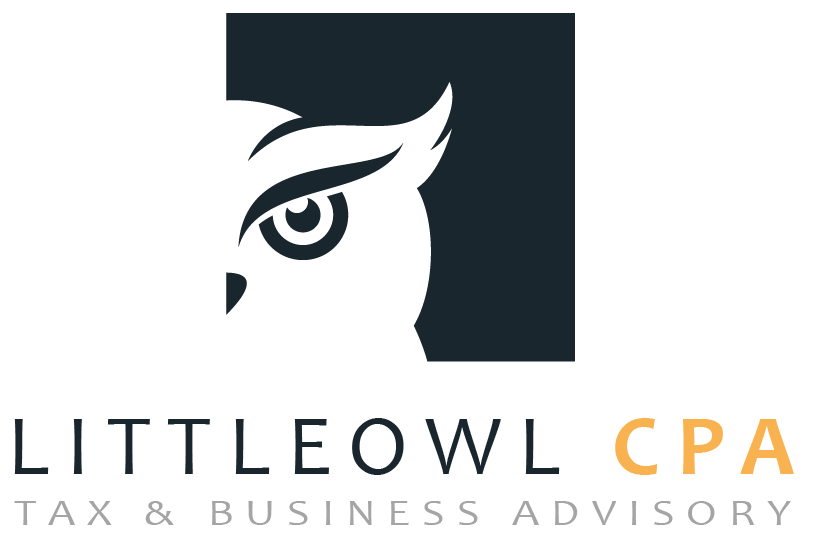Selling a business can be a significant milestone in an entrepreneur’s journey. Whether you are retiring, pursuing new opportunities, or simply looking for a change, it’s essential to navigate the sale process with careful planning and execution. In this tax guide, we will explore the key steps and considerations involved in successfully selling your business.
Step 1: Business Valuation
Before proceeding with the sale, it’s important to determine the value of your business. Seeking the assistance of a professional business appraiser or valuation expert can provide an accurate assessment and help set a realistic asking price. The various methods used to assess worth are:
- Market-Based Valuation: Assess the recent sale prices of similar businesses in your industry. Compare factors such as revenue, profitability, growth potential, and market conditions to determine a fair market value.
- Asset-Based Valuation: Calculate the value of your business assets, including tangible assets (e.g., property, equipment) and intangible assets (e.g., intellectual property, customer relationships). Deduct liabilities to arrive at a net asset value.
- Income-Based Valuation: Analyze your business’s financial performance, cash flow, and projected earnings. Apply a multiple to the earnings or cash flow figure to estimate the business’s value.
Step 2: Preparation for Sale
Preparing your business for sale is vital to attract potential buyers and maximize its value. Consider the following steps:
- Financial Documentation: Compile and organize all financial records, including tax returns, financial statements, profit and loss statements, and cash flow reports. Prospective buyers will want to review this information during due diligence.
- Clean Up the Business: Streamline operations, resolve outstanding legal or financial issues, and ensure that your business is presentable and attractive to potential buyers. Enhancing curb appeal, updating equipment, and addressing any outstanding liabilities can increase buyer confidence.
- Document Processes and Systems: Document standard operating procedures, customer relationships, contracts, and any intellectual property rights associated with your business. Well-documented processes demonstrate the stability and transferability of the business to a new owner.
Step 3: Finding Buyers
To find potential buyers, consider various strategies:
- Market the Business: Create a marketing package that highlights the key strengths and potential of your business. This package should include a comprehensive overview, financial information, growth opportunities, and competitive advantages. Advertise through online platforms, industry networks, and business brokers.
- Networking and Relationships: Leverage your industry connections, professional networks, and personal relationships to identify potential buyers. Confidentially reach out to individuals or companies who may have an interest in acquiring a business like yours.
- Engage a Business Broker: A business broker can help connect you with qualified buyers, negotiate on your behalf, and manage the entire sales process. They have experience in marketing businesses, conducting due diligence, and closing deals.
Step 4: Negotiation and Due Diligence
Once you have identified a potential buyer, the negotiation and due diligence process begins:
- Letter of Intent (LOI): The buyer may present a letter of intent outlining the proposed terms and conditions of the sale. This document serves as a starting point for negotiations and typically covers purchase price, financing arrangements, contingencies, and timelines.
- Due Diligence: The buyer will conduct a thorough investigation of your business.
- Negotiation: Engage in open and transparent negotiations with the buyer.
Step 5: Legal and Tax Considerations
Consult with legal and tax professionals before you start the business to maximize your planning opportunities. Your professional team should help you navigate the legal and tax aspects of the sale including:
- Legal: Engage an attorney specializing in business transactions to draft and review the purchase agreement, non-disclosure agreements, and other legal documents. They will ensure the sale complies with applicable laws and protect your interests throughout the process.
- Tax Planning: Develop a tax strategy to optimize the tax consequences of the sale. Consider structuring the transaction as an asset sale or stock sale, taking advantage of any available tax deferral or exemption options, and planning for the tax implications on both the business and personal levels.
Selling a business is a complex process that requires careful planning, preparation, and expert guidance. By following these key steps and considerations, you can increase your chances of a successful sale while maximizing the value of your business.
If you have questions about how this topic will impact you, Team LittleOwl CPA is here to help. Schedule a discovery call today!

About Tabitha Regan
Tabitha Regan is the Founder and CEO of LittleOwl CPA. She is a Certified Public Accountant, Certified Financial Planner™ and Personal Financial Specialist. In her 16+ year career span, she has developed an expertise in the specific needs of small businesses and busy professionals with accounting, tax and advisory services.


